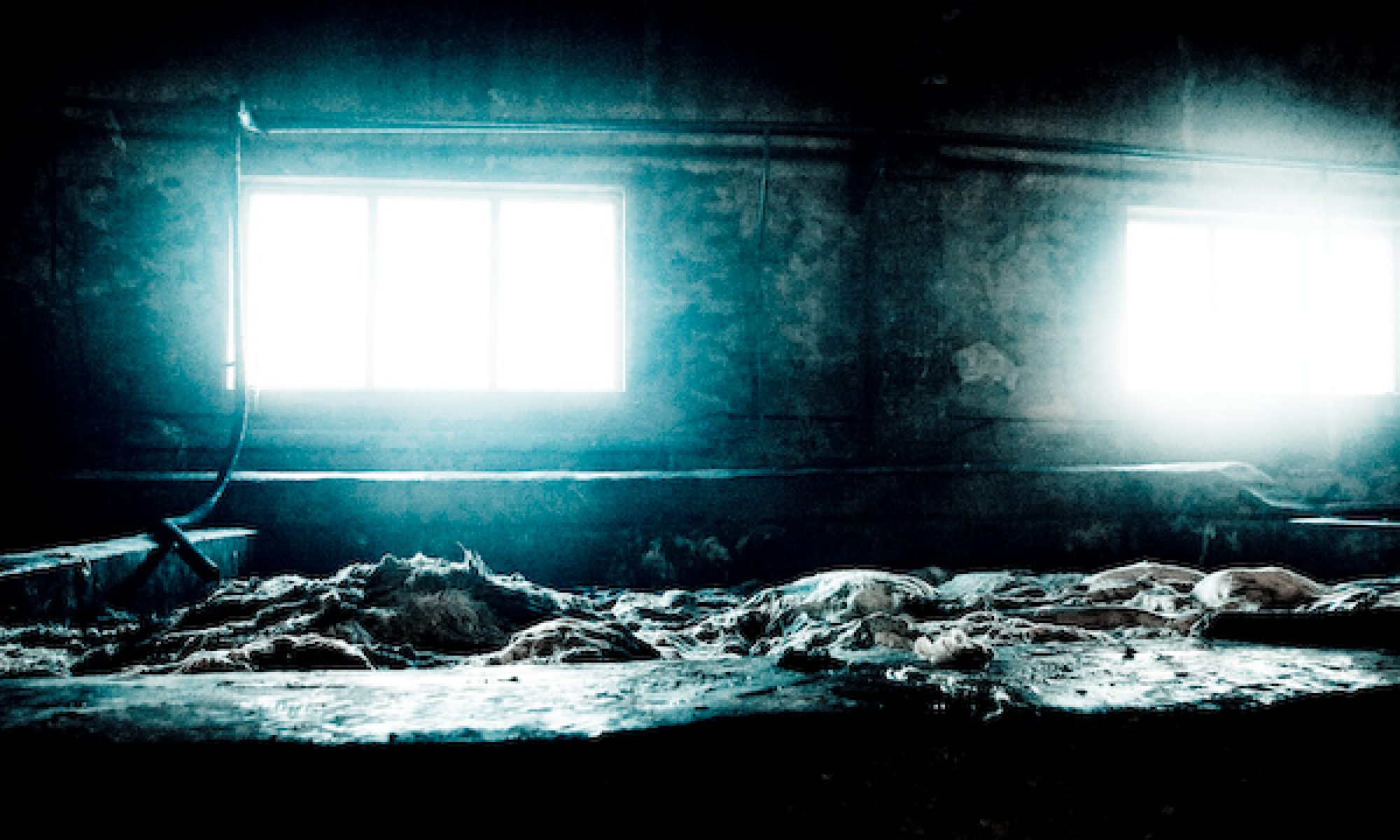See this writeboard for an up-to-the-minute updated version. Since there is no way to edit these posts without losing one’s sanity.
In the worst hour of the worst season
of the worst year of a whole people
a man set out from the workhouse with his wife.
He was walking—they were both walking—north.
This powerful poem begins with a decisive use of repetition, as Boland repeats the word worst three times in the first two lines. This word is also set up to parallel whole as it describes a whole people at the end of the second line. Boland sets up a pattern in the first line, then continues it in the beginning of the second, but then breaks it subtley, and you encounter the whole where you expected to find another worst (though if you were actually following the story of the poem you wouldn’t really be suprised). This is compounded by her use of the conjunction of to draw us forward. This is shown in the first stanza as well as the third, "Of cold. Of hunger. Of the toxins of a whole history." The use of short chopped sentences connected by conjunctions also gives the poem a plodding feeling, which fits clearly with the subject of the poem:
He was walking—they were both walking—north.
…
He walked like that west and west and north.
…
Of cold. Of hunger. Of the toxins of a whole history.
Eavon also uses a very interesting time-perspective; the poem begins zoomed into the worst hour then quickly moves out to the worst year of a whole people. The sheer power of a statement such as the worst hour is compounded by the repetition at different scales until we are thinking about the history of a whole people. Then the poem moves into a narrative about a generic man and his wife—the prototypical victims of this horrible time—as they are walking somewhere. Boland then mentions the otherwise assumed fact that both the man and his wife are walking, forshadowing the wife’s eventual debilitating illness; not to mention the image of both individuals merely walking, very much alive.
The overall poem has a plodding inevitability about it. Lines such as the first few, the second stanza with:
He walked like that west and west and north.
and then in the third stanza:
In the morning they were both found dead.
Of cold. Of hunger. Of the toxins of a whole history.
Read the whole poem here.
